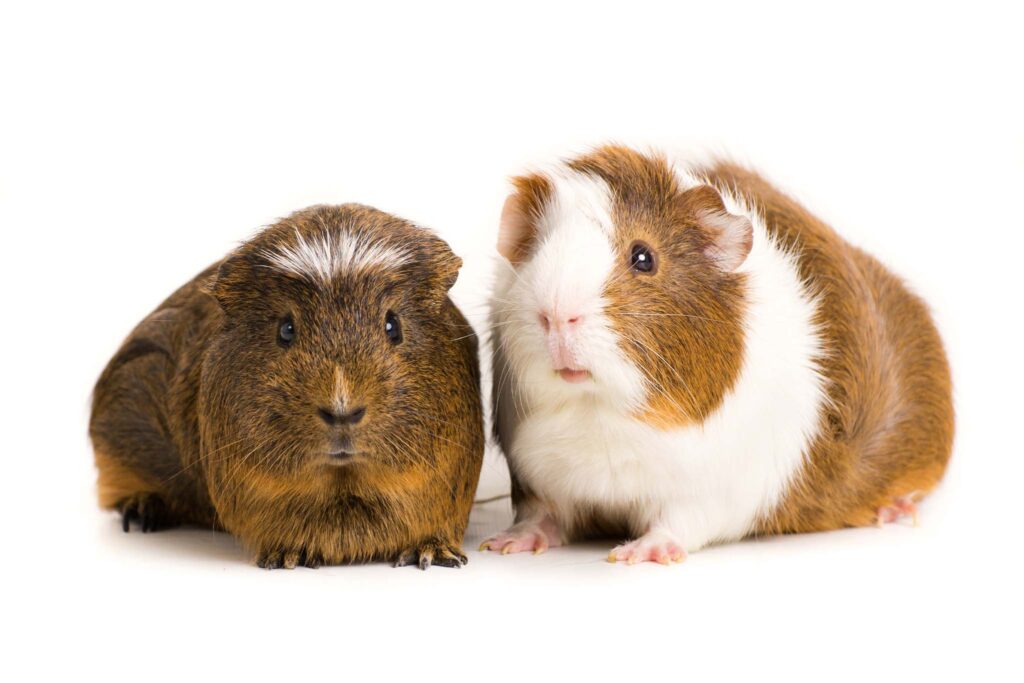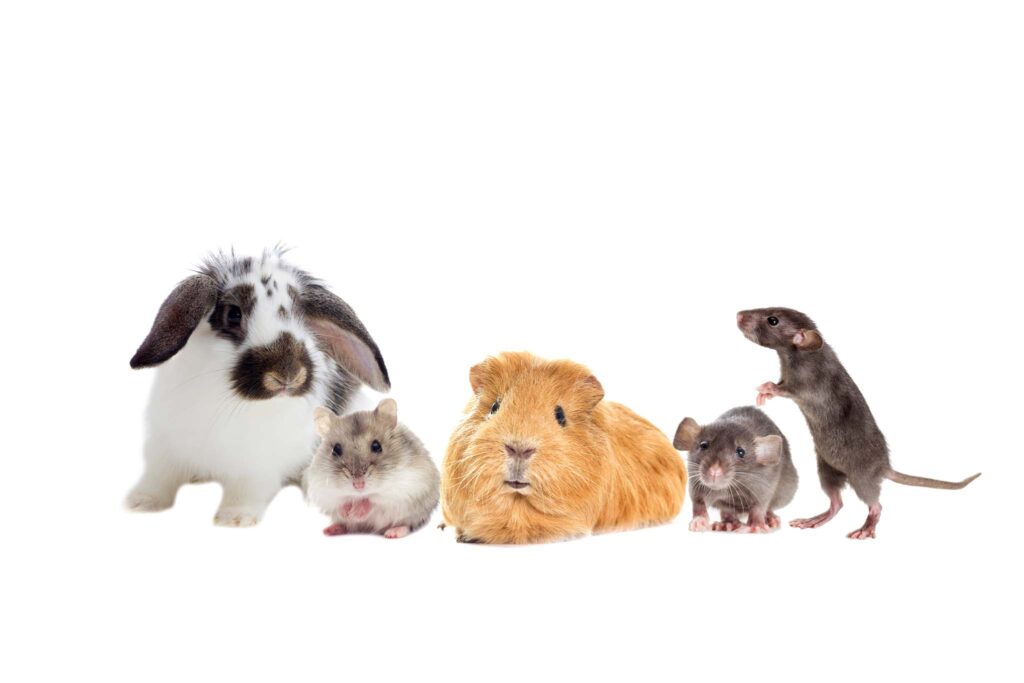
How Long Do Guinea Pigs Live? Lifespan, Care Tips, and What to Expect
Understanding the Guinea Pig Lifespan
If you’re considering adopting a guinea pig or already have one, you’re probably wondering: how long do guinea pigs live? The average guinea pig lifespan ranges from 5 to 8 years, but with proper care, some can live up to 10 years or more.
Guinea pigs (also known as cavies) are small herbivorous rodents native to South America. Despite their size, they require significant attention and commitment. Their long lifespan compared to other small pets like hamsters makes them a more substantial, rewarding responsibility.
What Factors Influence How Long Guinea Pigs Live?
Several environmental, genetic, and lifestyle factors affect how long guinea pigs live. Understanding these can help pet owners improve their cavy’s longevity.
Main factors include:
- Diet quality: Fresh hay, vegetables, and vitamin C are essential
- Living environment: Clean, spacious, and temperature-controlled habitats support health
- Exercise and enrichment: Daily movement and stimulation prevent obesity and boredom
- Breed type: Some breeds (like the Abyssinian or Peruvian) may live longer than others
- Genetics and inbreeding: Poor breeding practices can reduce lifespan
- Stress levels: Guinea pigs are sensitive and easily stressed by loud noises or rough handling
- Veterinary care: Access to routine health checks and prompt treatment prolongs life
A healthy guinea pig is alert, social, and maintains consistent eating and grooming habits.
Typical Lifespan by Breed
Although individual care plays a bigger role, different guinea pig breeds show slight variations in lifespan.
Breed-based lifespan estimates:
- American guinea pig: 5–8 years
- Abyssinian guinea pig: 6–8 years
- Peruvian guinea pig: 6–10 years
- Silkie guinea pig: 5–7 years
- Teddy guinea pig: 5–7 years
- Skinny pig (hairless): 5–7 years (require more delicate care)
- Texel guinea pig: 4–7 years
Breed lifespan ranges are only averages—individual care habits can significantly alter these timelines.
Signs of Aging in Guinea Pigs
Like all pets, guinea pigs show signs of aging. Recognizing these early helps owners make adjustments and provide better care during their senior years.
Common signs of aging:
- Slower movement and more frequent rest
- Thinning hair or changes in coat texture
- Weight loss or muscle tone decrease
- Cloudy eyes or reduced vision
- Dental issues (overgrown or misaligned teeth)
- Increased need for warmth and softness
- Lower appetite or changes in bathroom habits
Senior guinea pigs may need modified diets, softer bedding, and more frequent vet visits to manage arthritis or dental concerns.
How to Help Your Guinea Pig Live Longer
Pet owners can take proactive steps to support a long, healthy life for their guinea pig.
Top care strategies:
- Provide unlimited high-quality timothy hay – supports digestion and dental wear
- Offer fresh vegetables daily – bell peppers, leafy greens, carrots in moderation
- Ensure daily vitamin C intake – guinea pigs cannot synthesize it
- Use a large, well-ventilated cage – 7.5+ square feet per pig recommended
- Avoid cedar or pine bedding – use paper-based or aspen instead
- Keep temperature stable – 65–75°F is ideal
- Clean their cage at least twice per week
- Give daily social time and enrichment – tunnels, toys, and companionship
- Pair with another guinea pig – they are social animals and thrive in pairs or trios
- Schedule annual veterinary checkups – even if they seem healthy
Longevity starts with consistency and observation. Even small changes in behavior can signal health concerns.
Common Health Issues That Affect Lifespan
Several conditions, if untreated, can shorten how long guinea pigs live. Being aware of these helps ensure early intervention.
Frequent health concerns:
- Respiratory infections: Symptoms include sneezing, wheezing, and labored breathing
- Scurvy (Vitamin C deficiency): Leads to lethargy, swollen joints, and poor appetite
- Urinary tract infections or bladder stones: Bloody urine, straining, and squeaking
- Dental disease: Drooling, difficulty eating, weight loss
- Parasites: Mites, lice, or fungal infections causing itching and hair loss
- Obesity: Common in low-exercise environments
- Tumors: Especially in senior guinea pigs
Always quarantine new guinea pigs and consult an exotics veterinarian if symptoms appear.
When to Say Goodbye: End-of-Life Considerations
While we hope to keep our pets as long as possible, part of responsible ownership is recognizing when quality of life has diminished.
Signs it may be time to consult your vet:
- Constant pain or labored movement
- No interest in food or water
- Inability to stand or breathe normally
- Chronic illness with no treatment options
- Signs of suffering (squeaking, hunching, hiding constantly)
Euthanasia may be the most compassionate option in these cases. Your veterinarian can guide you through this process with care and dignity.
If you liked this article and want to keep researching about the lifespan of guinea pigs, we recommend rspca.org.uk.
Final Thoughts: How Long Do Guinea Pigs Live With Good Care?
So, how long do guinea pigs live with proper care? While genetics play a role, a well-cared-for guinea pig can often reach the 8 to 10-year range, especially when housed properly, fed a balanced diet, and monitored regularly.
They’re gentle, affectionate, and social creatures that bring joy and companionship. By understanding their needs and committing to their long-term care, you can ensure that your guinea pig lives a full, happy, and healthy life.

